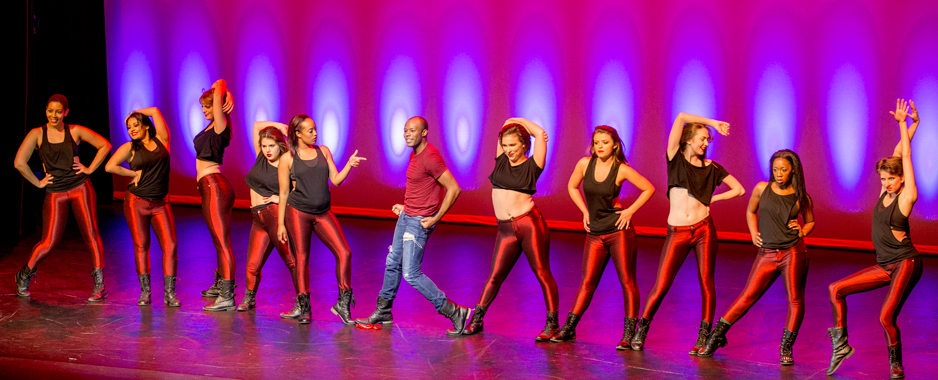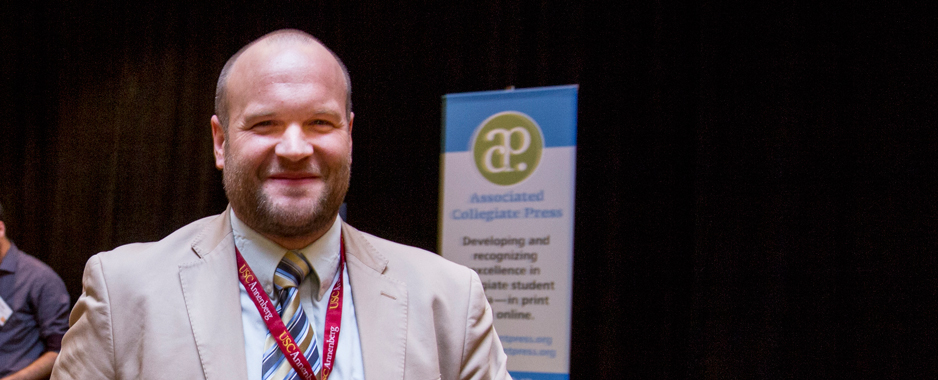By Audrey Werth/tr news editor
Lisette Blanco-Cerda, NE English assistant professor, showed students how important horror is in her Oct. 30 presentation, A Rhetoric of Walking Skeletons: How the Pathos of Horror Constructs Humanity.
Blanco-Cerda urged students to recognize the importance of horror as a way to understand the values and norms of our society.
“When we watch or read horror texts, we learn more about ourselves on a deeper, more fundamental level,” she said.
Truly horrifying entertainment is created by the tension between the expectations of the audience, their cultural beliefs and what actually happens, Blanco-Cerda said.
“Studying horror can lead to a greater understanding of the human condition,” she said. “When we study the rhetoric of horror, how a horror text is constructed, for example, we gain a deeper awareness and understanding of the framework of the specific culture from which that horror text comes.”
While the kind of horror stories a culture tells may provide insight into that society, the reaction of a person can explain something unique about him.
“A rhetoric of horror can shed light on the complicated relationships humans have with their fears, anxieties and expectations,” she said.
Blanco-Cerda used pop culture references as examples. In an episode of Buffy the Vampire Slayer, the audience was expecting a huge demon to appear. In the end, the demon was so small no one was afraid of it.
“We make our fears out to be much more than they are,” she said. “In hindsight, they are much smaller — we didn’t need to be afraid.”
A clip from Breaking Bad showed how horror operates in everyday life. When Walter White’s wife realizes her husband has become someone she can no longer recognize, her fear is very real.
“I liked the presentation,” said Jesse Estilo, a NE freshman. “I watch a couple of the shows she shared clips from, and sometimes, when something does really scare me, I do question why.”
For students unfamiliar with the references and examples, the message of the presentation was less clear.
“I don’t think the presentation was in-depth enough about why to study horror specifically,” said Tyler Bowie, a NE freshman.
“I don’t watch any of the shows she discussed, so I didn’t get much out of it.”
Others felt they could relate emotionally with the examples.
“I think she connected real life with the presentation,” freshman Andrea Shelby said. “I liked the examples she used. You get a lot of emotions from them, and they all come up at once. I’ve never been interested in horror before, but now I see its purpose.”
Blanco-Cerda said she wants students to question everything.
Blanco-Cerda suggested that the next time students watch or read a horror text, they go beyond the initial superficial experience that something is gross or shocking and question why they feel that way.
“I’m hoping by getting them to ask deeper questions about their entertainment that they will start applying [these questions] to other things that mean a lot to them, or that ought to mean a lot to them, like politics,” she said.



























